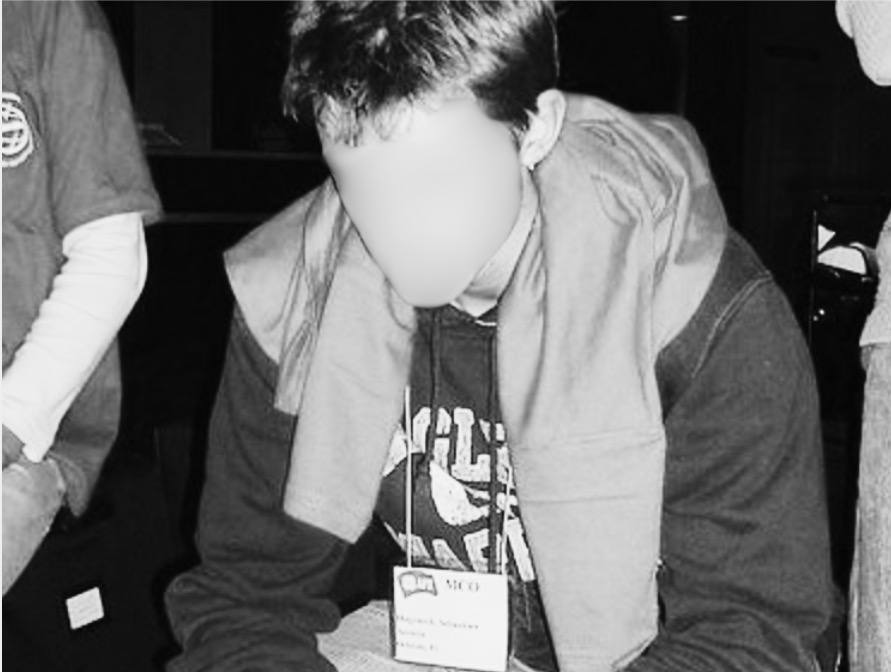On May 14, 2022, 10 Black people were shot and killed in a racially motivated attack at a supermarket in Buffalo, N.Y., and several others were injured. This massacre was a hate crime and an act of domestic terrorism.
News outlets all around the country paid tribute to the victims by detailing the highlights of their lives through accounts from the victims’ family members, friends and other community members.
When it comes to media coverage of horrific events such as this shooting, the words reporters and the general public use to describe them impacts how these tragedies are viewed.
For a long time, people have often countered opponents’ arguments by responding with, “It’s just semantics,” especially when their ideas are being picked apart due to their choice of words. Essentially, semantics is the branch of linguistics concerned with meaning. What many fail to grasp is how much power it yields.
Perhaps one can argue that semantics does not matter during informal, daily conversations, but it is irrefutable that the small differences within words, sentences, paragraphs and so forth change meaning, and that changes how people understand the situation at hand.
An example is the difference between the Black Power movement and the term white power. Within the civil rights movement, Black Power has been a symbol of equality and prosperity for Black people in the United States. White power, on the other hand, is the concept of hatred, co-opted from Black Americans by white supremacists.
In this case, there is a difference when reporters call this incident a shooting, a killing of 10 people or an attack versus when they include the semantics that change the meaning of the narrative. Without including the word choice and structure that characterizes the political and social nuance of the situation, the significance of the event is almost completely stripped away.
Words, terms and phrases such as “white-power,” “white supremacy,” “domestic terrorism,” “political ideology,” “far right” and several more have been applied to the account of the shooting, which tell members of society – from people at home to those who wield power as politicians – that this massacre was not just any attack.
The conversation extends past just reporting news about domestic terrorism and acts of violence against marginalized communities. It relates to members of the GOP who are afraid to say the term “white supremacy” – even in trying to denounce it from their own names – because they do not want to admit it’s overwhelming presence in the nation. It connects to the controversy of critical race theory in American classrooms, the ““Don’t Say Gay” bill; its expanse is endless.
While people of the nation mourn the victims of this tragic event, it is more important than ever before to honor their lives by giving the story justice through the nuance it deserves. As long as words hold meaning, the words we use matter and remain a political force themselves.











